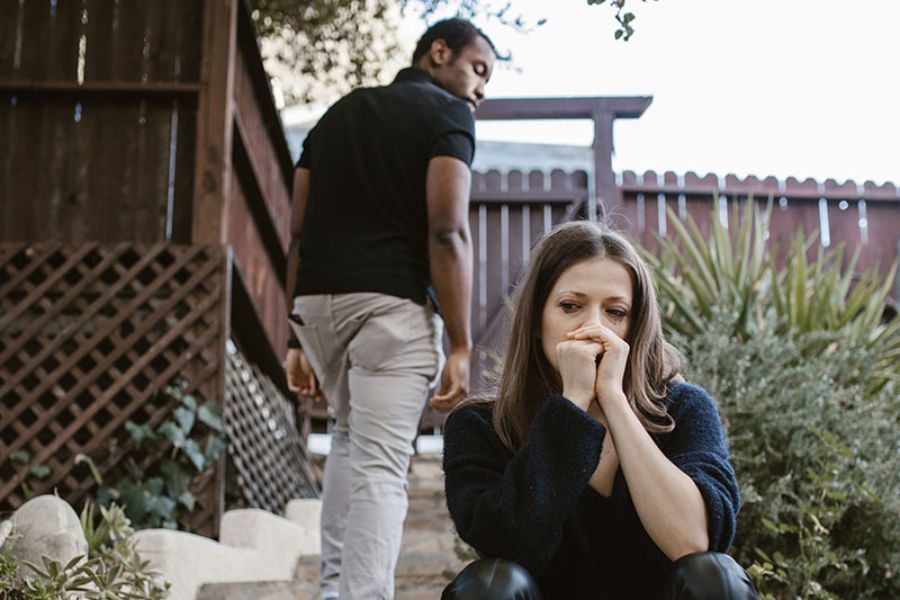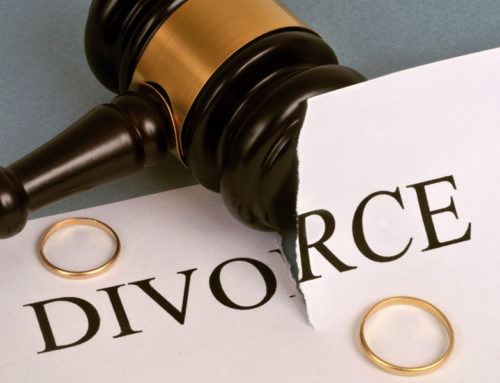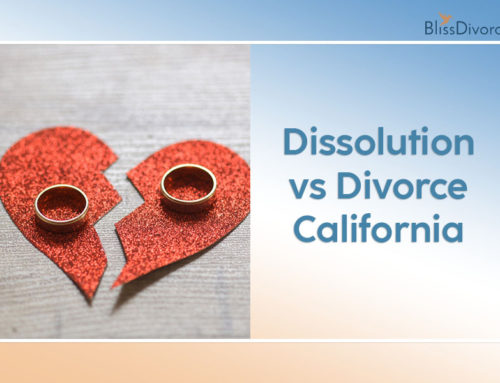There are many complexities regarding long-term spousal support and the “10-Year Rule in a California Divorce”. Many people think that if you are married for over 10 years when you divorce, one spouse is automatically granted support indefinitely. In the state of California, there are multiple facets of a marriage that determine whether a spouse is required to pay alimony or spousal support. While there is a 10-year rule in CA, there are many misconceptions and complex factors on how this exactly works along with when and how the court orders support. The reality is, it doesn’t mean you automatically get support after being married for 10 years, and if you do, it doesn’t necessarily mean it lasts forever. For many couples, fighting over spousal support with dueling attorneys leads to financial devastation for the whole family.
BlissDivorce® and its online Relational Dispute Resolution™ technology has helped many couples come to an agreement regarding spousal support on their own. For those who decide to divorce with the help of attorneys, it can become much more complex as there are multiple things to consider besides their hourly fees. Attorneys and the court can often lead to the delay of a divorce and result in additional emotional turmoil and pain. Making decisions together will always be the less expensive and an easier route to go, but if you and your spouse can’t come to an agreement about spousal support, a judge will decide how much and how long support will last.

Source: shutterstock.com / Photo Contributor: Prostock-studio
Typically, the longer you are married, the longer it lasts. Marriages considered long-term, over 10 years, may only last for as long as one spouse needs the support or the ability of the other spouse to pay. It is important to note that a judge in California can make different types of spousal support orders including the order of a specific amount one spouse is required to pay. A judge can also entirely terminate the ability of the court to award any spousal support. It is important to remember that financial support can end if the spouse being supported decides to remarry or if there was an agreed-upon end date. The judge also can take into consideration how long and how much money it will take the supported spouse to be financially self-sufficient. For example, if you are 40 years old and have been married for 12 years then the court may assume you can support yourself at some point in the future. If you are 75 years of age and were married for 30 years, it is more unlikely that you would go back into the workforce and the court may likely order spousal support for the long term. (A judge may also review pensions, retirement accounts, etc when making a decision).
The California Family Code 4320 is a set of factors a judge must use to determine the length of time and amount of support for long-term spousal support. These include: the length of the marriage, health, age, income and earning capacity, the standard of living while married, property, debts, if one person helped the other get an education or training, tax laws on spousal support, how many children you have and even past drug abuse by one spouse can be taken into account.
BlissDivorce works to help couples who are having disagreements over spousal support reach a divorce agreement without the need for a lawyer. Its proprietary technology takes into consideration the local laws, financial information input by the couple, and uses Relational Dispute Resolution™ tools to help resolve disagreements. As the platform guides you step-by-step through a personalized divorce process, it makes it easy to enter and organize all financial matters, such as assets and debts and even allows for you to propose how you would like to divide things up, such as personal possessions which were accumulated over the many years.
“My spouse and I each had our own attorneys and when it came to spousal support we wasted over 9 months of time and thousands of dollars arguing over a couple of hundred dollars a month. Our relationship was so contentious at the time and the heightened emotions got the best of us. Looking back now, we regret all of the stress we put each other through by having our attorneys go back and forth for what seemed like an eternity. I believe this technology created by BlissDivorce would have helped us settle our disagreements over alimony in a matter of days versus months because there were areas we would have compromised on if we had the chance. While our attorneys had our “financial” best interests in mind individually, the best interest of our individual mental health and stress was an afterthought.”- Mike D., Laguna Beach, CA.

Source: shutterstock.com / Photo Contributor: Prostock-studio
To read more about spousal support in CA, visit: courts.ca.gov
*This article is for informational purposes only and is not intended to provide legal advice. If you require legal advice, please contact a licensed attorney in your local area.




